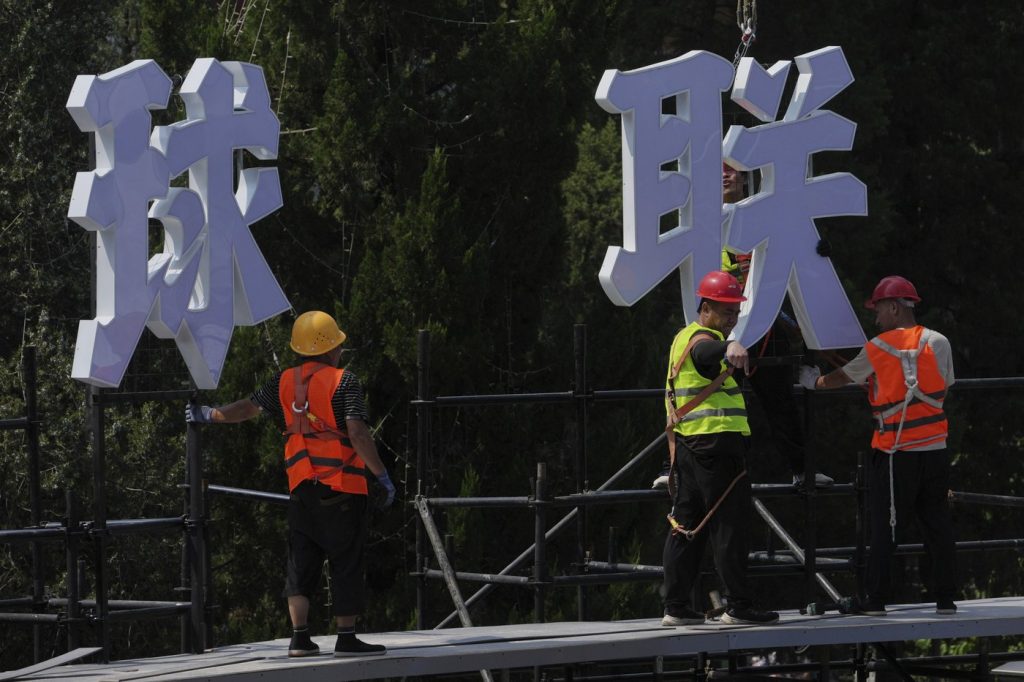BANGKOK (AP) – China's economy displayed signs of a slowdown in July as factory output, retail sales, and housing prices experienced declines, according to data released on Friday. This downturn is occurring amidst ongoing uncertainty regarding tariffs on exports to the United States. President Donald Trump has extended a pause on sharp increases in import duties for an additional 90 days, beginning on Monday, following an earlier suspension that started in May.
Despite efforts by officials working toward a larger trade agreement, China reported that its exports surged 7.2% year-on-year in July, while imports experienced their highest growth in a year. This increase in imports is attributed to businesses trying to leverage the temporary truce in the ongoing trade conflict with the U.S. However, such figures also reflect weakened comparative bases, as manufacturers have curtailed investments, hiring, and production in anticipation of upcoming developments.
Alongside these changes, Chinese manufacturers have intensified their shipments to Southeast Asia, Africa, and other regions in an effort to compensate for lost business in the U.S. The annual growth rate in industrial output fell to 5.7% in July, down from 6.8% in June, according to the National Bureau of Statistics. Additionally, investments in factory equipment and fixed assets only increased by a meager 1.6% from January to July, compared to 2.8% growth during the first half of the year.
The property sector faced significant challenges, with property investments plummeting by 12% in the first seven months of the year. Investment in residential housing also fell nearly 11%, while prices for newly built homes in major cities dropped by 1.1%. The downturn in the housing market coincided with the onset of the COVID-19 pandemic, impacting one of the primary growth drivers for the economy and leading to numerous developer defaults on their debts.
This crisis has had widespread repercussions, resulting in job losses for millions. The Chinese government has attempted to ensure that most homes paid for are constructed, yet sales remain sluggish, despite various efforts to entice families back into the market. Given that a majority of Chinese families have their wealth invested in real estate, the weak housing market has significantly constrained consumer spending. Retail sales showed an increase of only 3.7% in July, marking the slowest growth rate in seven months and down from a 4.8% increase in June.
The unemployment rate also rose to 5.2% from 5%, influenced by a surge in university graduates entering the job market. Consumer prices experienced a slight increase of 0.4% in July compared to the previous month; however, wholesale prices declined by 3.6% year-on-year, indicating relatively weak demand in the economy.











